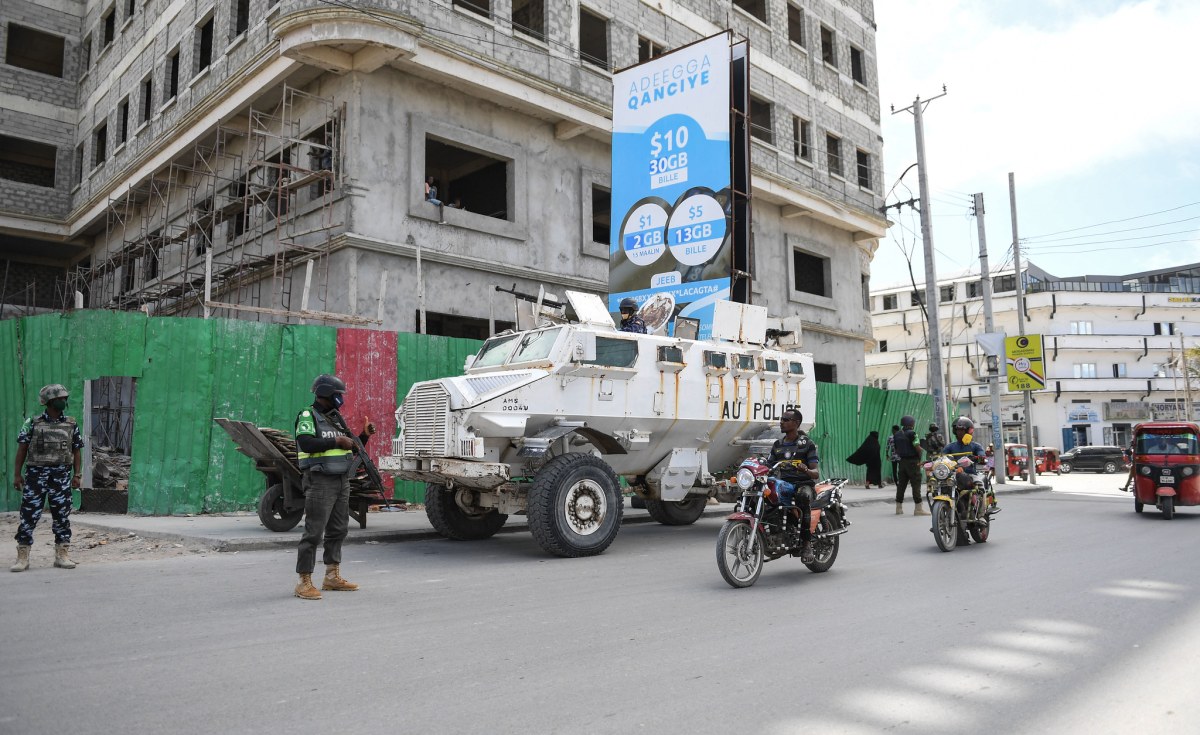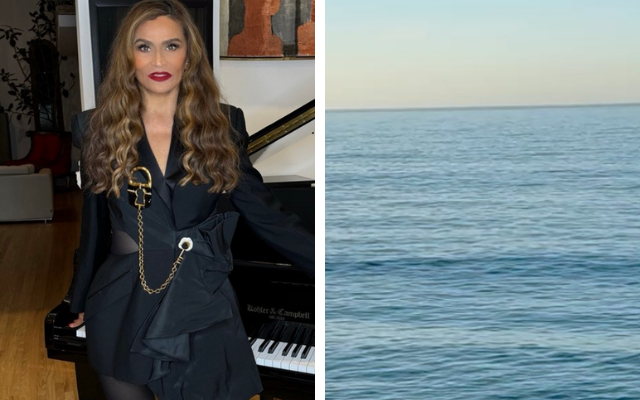Newly crowned Zulu King Misuzulu kaZwelithini will make the killing of amakhosi (chiefs) and izinduna one of his first priorities as head of one of Africa’s largest monarchies.
This is according to his spokesperson, Prince Thulani Zulu, who said King Misuzulu is concerned about the killings, which are occurring mostly in KwaZulu-Natal.
Traditional leaders across the country are often at the centre of family or hereditary disputes, but it is only in KwaZulu-Natal that these have led to bloodshed.
There are 285 chiefs in KwaZulu-Natal, and a recent study by the provincial department of cooperative governance shows there are more than 3,000 izinduna earning stipends.
The Congress of Traditional Leaders of South Africa (Contralesa) says that at least 50 of its traditional leaders have died in KwaZulu-Natal since 2019, 10 of whom were amakhosi and 40 were izinduna. The KwaZulu-Natal Provincial House of Traditional Leaders said it has lost scores of its members since 2012.
Some of the prominent killings
In July, chief regent Samson Buthelezi was gunned down at his Nquthu home – the most recent murder of a traditional leader.
In March, 71-year-old Chief Mandlakayise Nxumalo of Zwide clan, near Ladysmith, was gunned down outside the traditional court.
Induna Meshack Mbuyazi was gunned down in December 2019 after meeting former KwaZulu-Natal premier Sihle Zikalala to resolve a mining conflict in Richards Bay.
There has long been conflict between residents and Richards Bay Minerals, which also involves an ongoing dispute over the chieftaincy of the Mbuyazi clan, on whose land the multibillion-rand mining operation is located. Mbuyazi was one of the key figures trying to resolve the chieftaincy dispute, which has claimed scores of lives.
A close family member, who asked not to be named for fear of being targeted, said that if there had been no dispute around the chieftaincy and its impact on the mining operation, Mbuyazi would be still alive.
Death of a peacemaker
In October 2021, as Inkosi Zibuse Mlaba, Cato Ridge’s interim chief, was opening his office in town when two gunmen shot him several times in the head, chest and back before fleeing in a white VW Polo.
One of the founding members of Contralesa, he was hailed for helping to broker a peace deal between arch-enemies the IFP and the ANC in his area. In the late 1980s he was part of the Contralesa delegation that travelled to Lusaka to meet the then exiled ANC leadership.
Former KZN MPL Mlaba killed in hail of bullets in Cato Ridge
Zulu, King Misuzulu’s spokesperson, said: “Traditional leadership predates the current democratic government. Now, during the time when we are living in democracy, we are seeing some people killing amakhosi and izinduna. They are weakening the institution of traditional leadership. Amakhosi and izinduna are killed by people who live in their community; they are killed by people within our society.
“The king says there must be a gathering of government officials and amakhosi and izinduna where this issue will be thrashed out. The king says this scourge, this situation, cannot be allowed to go on any further.”
Both Contralesa and the National House of Traditional and Khoi-San Leaders – a statutory body comprising delegates from the provincial houses – have been calling for a commission of inquiry into the killings in KwaZulu-Natal.
Visit Daily Maverick’s home page for more news, analysis and investigations
But the Zulu king believes such inquiries achieve nothing. He cites the failure of the Moerane Commission of Inquiry to stop political killings, as well as the failure of the Farlam Marikana and Zondo State Capture commissions to bring culprits to book.
“We are saying that amakhosi themselves must come together to say what is causing the killings and what must be done to stop,” Zulu said, adding that the king will be seeking engagement on the matter with the provincial and national government.
‘Growing trend’
Contralesa general secretary Zolani Mkiva said his organisation is worried about the growing trend of amakhosi and izinduna killings “which manifests itself in KwaZulu-Natal and isolated cases in the Eastern Cape”.
“Traditional leadership is part of the leadership in our society. We need to locate this challenge within the spike of violence this country. The rate of murder in our society is so high.
“But we are very concerned as the leadership of Contralesa about the killing of amakhosi and izinduna. We have raised this issue sharply with the government at the national level. I have had to interface directly with Police Minister Bheki Cele on this matter.”
25 arrested in KZN in connection with izinduna and amakhosi killings
He said only a specialised police unit and a commission of inquiry will help to remedy the problem, a call echoed by Inkosi Sifiso Shinga, the recently elected chairperson of the KwaZulu-Natal House of Traditional and Khoi-San Leaders.
Shinga, of the Ndelu clan, said their concern had prompted a call for President Cyril Ramaphosa to appoint an inquiry.
“We have been hoping that the law enforcement agencies would intervene and stop these killings, but that is not happening. We think only a commission of inquiry will be able to get to the heart of this phenomenon,’’ he said.
Another traditional leader, from the South Coast region, who asked not to be named, said nothing is being done to protect traditional leaders, whereas “if it was politicians who had been killed like this, a commission would have been appointed a long time ago”.
‘Buying off’ traditional leaders
KwaZulu-Natal violence monitors Mary de Haas and Vannesa Burger believe the killings could be linked to salaries paid by the government to amakhosi and izinduna.
According to the 2021/22 Budget, a senior traditional leader (inkosi) earns R279,000 a year while the headman/woman (induna) pockets R111,000.
The Ingonyama Trust Act, enacted on the eve of the first non-racial elections in 1994, grants custodianship of vast tracts of lucrative land – some which contain mineral deposits – to amakhosi.
Amakhosi and izinduna control vast resources in poor rural communities and often sell land under the Ingonyama Trust to people who want to build luxury homes or set up profitable businesses.
Rights organisations say royalties from mining operations that are paid to traditional councils have led to a marked increase in conflict and violence in these communities.
They say that although mining companies deny this in public, privately they often “buy off” traditional leaders (with vehicles, lucrative contracts, BEE deals, shares and royalties among other things) to support mining ventures in their areas. This usually leads to conflict between those leaders and residents likely to be negatively affected, as well as between traditional authorities or councils that may have been offered “incentives” of differing value.
This is said to be the case, for example, in the ongoing tension and bloodshed in the Richards Bay, St Lucia and other mineral-rich areas.
Burger is a Durban-based independent community activist for human rights and social justice who has been monitoring the killing of political leaders, amakhosi and izinduna for years. She said the motives are difficult to establish unless the cases are heard in court, and even then the reasons, or wider context, are not always clear.
Misuzulu kaZwelithini to be officially crowned as Zulu king amid tight security
“Some are killed in disputes over land. In lucrative mining areas the disputes revolve around who benefits from the mining in the area. That is why activists and leaders who oppose mining or other developments also risk being assassinated by members of their communities or ‘outsiders’ who may have been incited against them, or been promised or hope to gain lucrative contracts if the mining goes ahead,” she said.
“Traditional leaders may also be involved in the deadly taxi industry, or have businesses and contracts that lead to rivalry, or be involved in factional politics or criminal enterprises such as stock theft.”
What the government and police say
Senzo Mzila, spokesperson for KwaZulu-Natal’s cooperative governance and traditional affairs department, said his department was not aware of the call for a commission of inquiry, adding: “The department has been working hard to ensure the security and safety of traditional leaders and their constituencies.”
The cooperative governance MEC, together with the provincial house of traditional leaders, had drawn up a memorandum of understanding with the Department of Community Safety and Liaison on 26 November 2020.
The memorandum, Mzila said, creates a platform for traditional leaders to participate in safety structures to foster community safety and to hold meetings every six months with the signatories to assess the progress made in dealing with matters relating to the safety of amakhosi and their traditional communities.
KwaZulu-Natal police spokesperson Lieutenant-Colonel Nqobile Gwala said many of the cases are still under investigation.
“The cases are investigated by the Provincial Organised Crime Unit. The motive for the killings is still being established. A team of seasoned detectives is investigating other cases,’’ she said, adding that the police have made a number of arrests.
She cited the November 2021 killing of 23-year-old Mzomuhle Zondi, a regent in the Zondi Traditional Council in Nkandla, who “sustained gunshot wounds to the head, abdomen and leg”.
“There is a docket that is on trial at Mtunzini High Court from 15 August until 2 September 2022. Two accused, Celimpilo Shabangu (59) and Lizzy Khethiwe Zondi (49), are appearing in court for charges of murder of Mzumuhle Njabulo Zondi (23), who was shot and killed at Nkandla on 10 November 2021.”
Repeated attempts to obtain comment from Ramaphosa’s spokesperson, Vincent Magwenya, were unsuccessful. DM168
This story first appeared in our weekly Daily Maverick 168 newspaper, which is available countrywide for R25.
![]()




















Discussion about this post